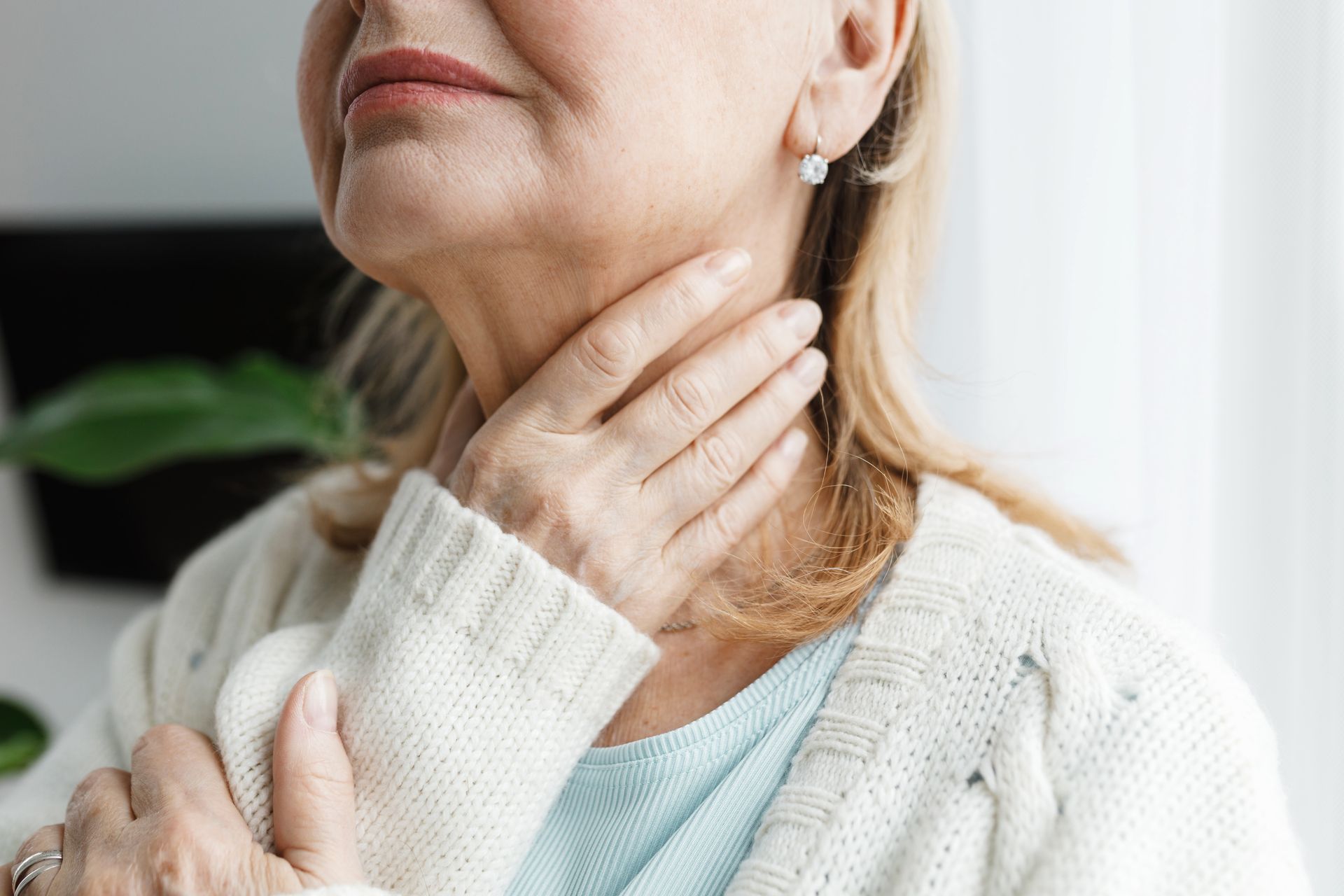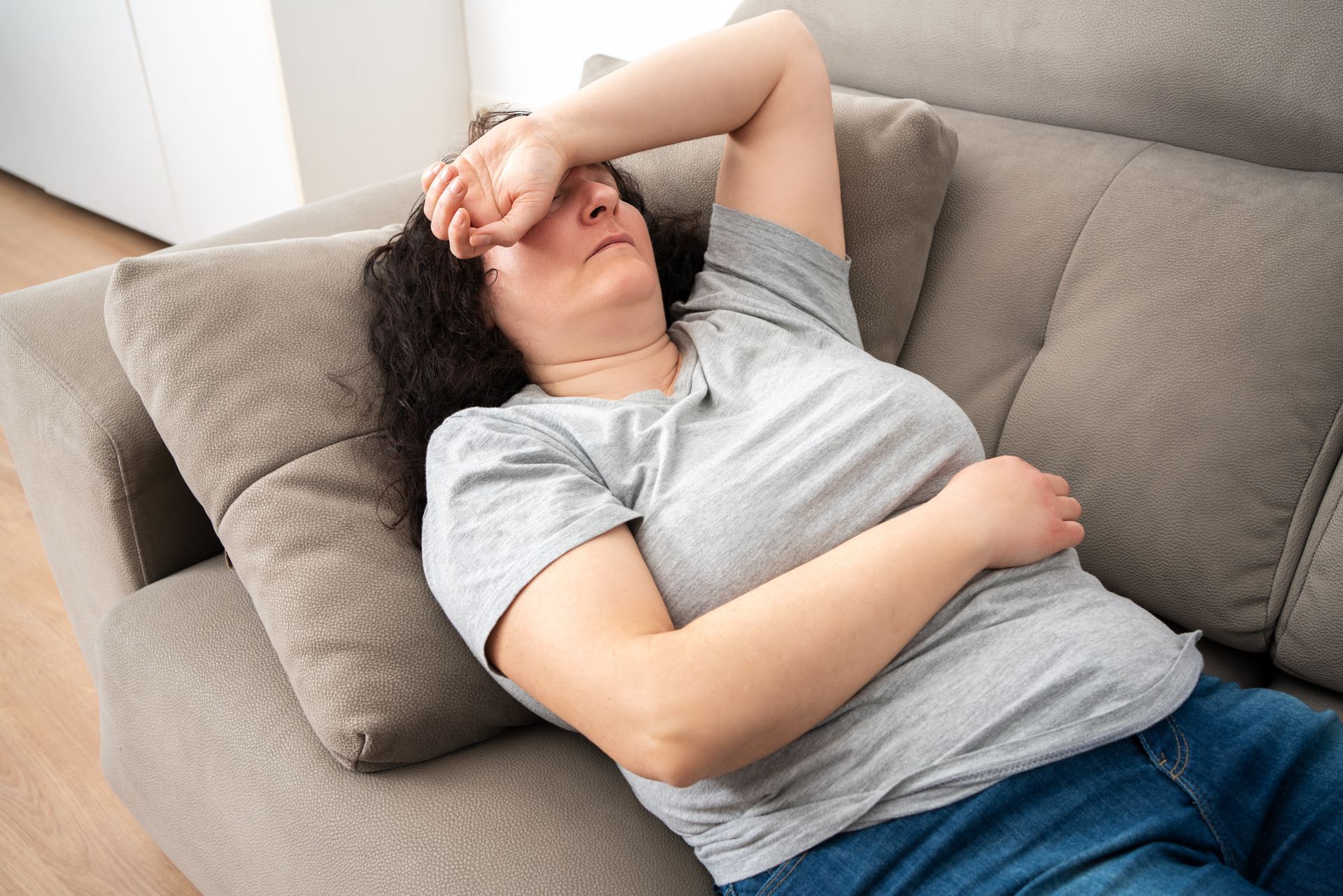Boost Your Libido with Peptide Therapy: Using PT-141 to Enhance Desire

Low libido can affect anyone, regardless of age or gender. For many, the loss of sexual desire feels frustrating, isolating, and difficult to talk about. While some assume it’s simply part of getting older, there are now advanced treatment options designed to address the underlying causes. One of the most promising is PT-141, a therapy that works directly on the brain’s arousal centers rather than only focusing on physical performance.
What Is PT-141?
PT-141, also known as bremelanotide, is a synthetic peptide that was originally studied as a potential sunless tanning agent. During early research, however, patients reported an unexpected benefit, an increase in sexual arousal. This discovery led to the eventual development of PT-141 as a treatment for low libido.
Today, PT-141 is FDA-approved for premenopausal women with hypoactive sexual desire disorder (HSDD), a condition marked by a persistent lack of sexual desire that causes distress or strain in relationships. Although its official approval is specific to this group, many providers now use PT-141 more broadly for both men and women who struggle with low libido.
How PT-141 Works to Increase Arousal
The key to PT-141’s effectiveness lies in the brain, not just the body. When administered, PT-141 activates melanocortin receptors in the hypothalamus, the area of the brain that helps regulate sexual desire. Think of these receptors as the “volume knobs” for arousal. PT-141 turns the volume up, amplifying the brain’s natural signals of interest and attraction.
Benefits of PT-141 for Libido in Men
For men, using PT-141can lead to more consistent desire and motivation for intimacy, especially in cases where physical ability is not the main issue. Unlike medications such as Viagra or Cialis, which only improve blood flow, PT-141 enhances the psychological side of arousal, making intimacy feel more natural, not mechanical.
Benefits of PT-141 for Libido in Women
For women, PT-141 is particularly valuable because low libido is often linked more to desire than to physical function. By targeting the brain’s arousal centers, PT-141 can help reignite interest in sexual activity, reduce the distress caused by a lack of desire, and support stronger emotional connection with a partner. This makes it an important option for women who have experienced frustration with other treatments that don’t address the “mental spark” behind intimacy.
How is PT-141 Administered?
PT-141 is taken as a subcutaneous injection, meaning it is delivered just under the skin. Patients are typically trained to self-administer the medication.
- Timing: Most people take it about an hour before sexual activity.
- Duration: Effects may last up to 24 hours.
- Dosing: Determined by your healthcare provider to ensure safety and effectiveness.
Potential Side Effects and Safety Considerations
Like all medications, PT-141 comes with possible side effects. The most common include nausea, flushing, and headache. In some cases, it can cause a temporary increase in blood pressure.
Because of these risks, PT-141 should only be used under medical supervision. A thorough consultation ensures that it is safe for you and tailored to your health needs.
Who Is a Candidate for PT-141?
PT-141 may be an option if you:
- Struggle with low libido that is not caused by hormone imbalance alone.
- Have not responded well to traditional ED medications.
- Experience distress or frustration related to low sexual desire.
- Want to improve intimacy and sexual wellness under professional guidance.
It is important to undergo proper screening to rule out underlying conditions and determine the best treatment plan.
PT-141 vs. Hormone Therapy
For some, low libido is tied to hormonal shifts such as low testosterone or estrogen. Hormone therapy helps correct these imbalances, while PT-141 targets the neurological pathways of desire. In certain cases, providers may recommend combining PT-141 with hormone therapy for comprehensive results.
Low libido doesn’t have to remain a hidden frustration. With treatments like PT-141, it’s possible to reignite desire and improve sexual health in a safe, effective way. By targeting the brain’s arousal centers directly, PT-141 offers a novel approach for both men and women seeking to enhance their intimate experiences.
If you’re struggling with low libido, contact Rejuvime Medical today to schedule a consultation and learn if PT-141 is right for you.
Get in Touch
Questions? Contact us today by phone or book an appointment online.
Questions? Call our office:
(225) 228-3128





